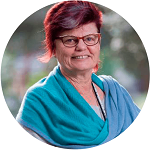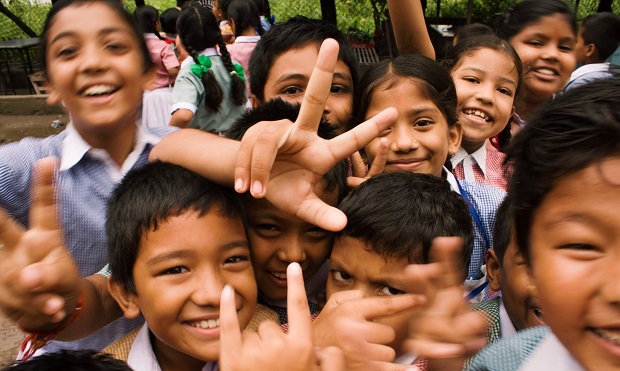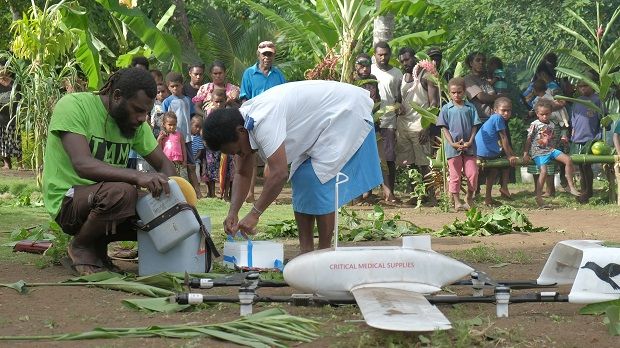Below is our recent interview with Vivien Maidaborn, Executive Director of UNICEF NZ:

Q: UNICEF is the largest aid agency in the world for children. How important is it to think of new ways of working?
A: For over 70 years, UNICEF has worked to improve the lives of children around the world. Today severe funding gaps leave millions of children at risk, and this makes innovation to find new solutions vital. In a world which is more connected now than ever, new technologies and media allow us to better inform the public about our work. But ultimately we need more money to close that funding gap. We’ve invested in new digital solutions which rival any e-commerce system, while digital user personalisation means we’re able to tailor information to the end user’s interests.
UNICEF is the largest aid agency in the world for children. We’re also the worldwide leading source of data about children. And now we’re making our field data available for other organisations to use, especially decision makers who can use this data to shape better policies.
If you want to know about vaccines, you can find out exactly how we deliver life-saving vaccines by drone to children in some of the most remote areas on the planet. Or how our supply chains use the latest technology and data science. This technology allows us to optimise our efficiency and ultimately lower the cost of vaccines.
 Recommended: An Interview With Robyn MacKeller, Director Of Marketing At Liv Communities
Recommended: An Interview With Robyn MacKeller, Director Of Marketing At Liv Communities
Q: What are the unique challenges and opportunities for your organization in New Zealand?
A: New Zealand has one of the higher rates of Internet access in the world. Still, we live in divisive times.
UNICEF vaccinates almost half of the world’s youngest children and because of this faces constant pressure from ill-informed, tech equipped anti-vaxxers. New Zealanders saw how quickly measles can spread last year when an outbreak in neighbouring Samoa killed 83 people, predominantly infants and young children. In situations like these, our responsibility is to raise public awareness about how we can protect children from killer diseases. Despite what a vocal anti-vax minority might say.
And, as with any emergency, this was an opportunity to review current systems and make improvements. We are developing inhouse software fundraising APIs and an opensource framework that anyone can use.
Q: What role is technology playing in the charity sector?
A: Charities need to keep up with technology to ensure maximum reach and efficiency. UNICEF was one of the one first global charities to accept cryptocurrencies and we are trying to use block-chain in various aspects of our work, e.g. in our vaccine supply chain.
We are funding innovative social start-ups in developing countries and helping build communities of technologists in emerging economies. In India we are building virtual reality platforms for learning and in Argentina we are using satellite imagery and machine learning to map informal settlements in real-time. In Nicaragua UNICEF is providing affordable mobile connectivity to communities that were not on the traditional information grid in rural areas so more children can access internet and be part of a more connected future.

Q: What does it take to get involved?
A: UNICEF always looks to work with people who understand the importance of social impact from a technological point of view. If you are a start-up using emerging technologies and are willing to make these open source, UNICEF’s Global Innovation Centre maintains a fund which can provide up to US$100,000 equity free investment.
You can also support us by contributing to our open source projects and becoming part of the UNICEF community.
Q: What are your plans for the future?
A: Children and young people around the world will be most impacted by emerging AI technologies and applications. We want every child to have equal opportunities to be part of this fast-paced change in technology and not be left behind.
UNICEF will continue to invest in social impact technologies that can better shape the lives of children because we know that technology led social innovations scale better than traditional programmes.
Activate Social Media:


